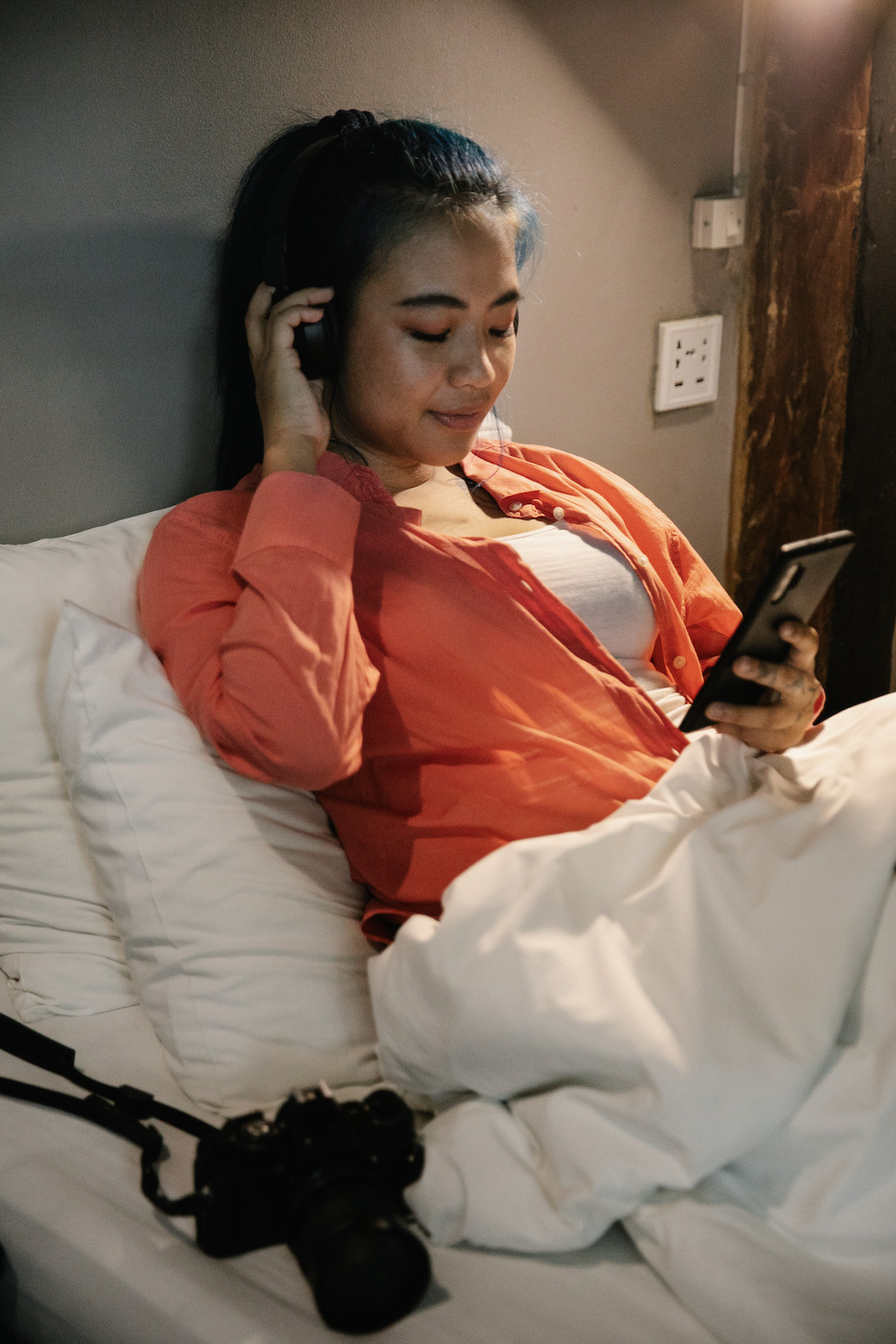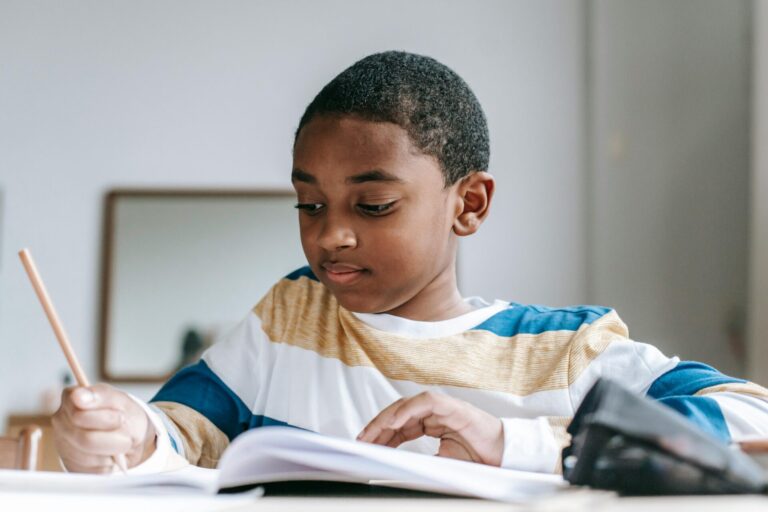Most of us are aware of the detrimental effect that screens can have on our sleep. After all, it doesn’t exactly take a sleep specialist to tell us that holding a bright light inches from our eyes might just keep us up. That said, it’s not just the light that’s impacting our sleep for the worse – as it turns out, screen time is a villain attacking the length and quality of our sleep at every angle, which in turn impacts our mental and physical health. If you needed a reason to create new boundaries around phones, TVs, and tablets – especially around bedtime – we’ll give you five.
In a recent article for The Conversation, Dr. Maida Lynn Chen, the lead physician of the sleep center at Seattle Children’s Hospital, outlined the effects of screen time and the resulting “chronic sleep deprivation” and poor mental health outcomes.
Screens are making it harder to fall asleep.
As we’ve already touched on, the light emitted from your devices is not doing you or your child any favors at bedtime. In fact, the light actually inhibits the production of melatonin, that coveted little chemical that sends you into la la land. These devices are literally telling our brain to stay awake and alert!
Scrolling is replacing sleeping.
When my daughter was a newborn, sleep was a precious commodity. I’ll never forget that one night, while she was snoozing in her bassinet next to me, I spent three full hours reading think pieces and Reddit posts about the missing Malaysian flight. When she woke up for her 3am feed, I was kicking myself – why did I fall into the scrolling rabbit hole instead of getting the sleep I desperately needed?! Whether your child is keeping up their streaks on Snapchat or researching missing planes (or is that just me?), each minute they spend on their phone at night is a minute they aren’t sleeping.
Social media is impacting the quality of sleep.
Research is repeatedly finding strong associations between social media usage and poor mental health. Honestly, is that surprising whatsoever? Social media is an unceasing highlight reel, and we can easily fall into the trap of comparing someone’s highest high with our lowest low. Social media drives comparison, self-doubt, and constant FOMO. As mental health declines, guess what else often goes with it? Rates of sleep disorders are incredibly high for individuals with any type of mood disorder, and this contributes to chronic sleep deprivation.
Fast-paced content is overstimulating.
As much as it pains me to speak ill of my favorite app, TikTok, I’ll be the first to admit that nothing about it is soothing or conducive to sleep. Nothing about rapid fire swiping through video after video gets your nervous system in a restful state. Not only does it take even longer to finally get to sleep, those stimulating videos and images can actually disrupt the quality of your sleep once you get there! Dr. Chen explains that not only can the content affect your dream sleep, it can also affect how deeply you snooze. She writes, “… the brain also may not sustain deep nondream sleep since it is still processing those fast-paced images. These intrusions in your sleep can be very disruptive to overall quality and quantity of sleep.”
Sleep deprivation and poor mental health create a vicious cycle.
Now, consider the cycle that can be easily created – screen time creates a chronic sleep debt, which in turn negatively impacts mental health. Poor mental health leads to sleep disturbances, and what’s an easy thing to turn to when you can’t sleep? More screen. There is a major interplay between screen time, mental health, and sleep, and problems in one area quickly result in problems in the others.
This information might not be brand new for most parents, but the real question is what do we do with it? Our tweens and teens – and even many of us – have become accustomed to using screens until lights out, and breaking the habit can feel like an uphill battle. Thankfully, Dr. Chen encourages a realistic and incremental approach – like putting away screens 10 minutes prior to bedtime and slowly building from there. Like any new habit, it can feel uncomfortable and weird at first. Give it some time, however, and the benefits in sleep and mood will make it all worth it.





